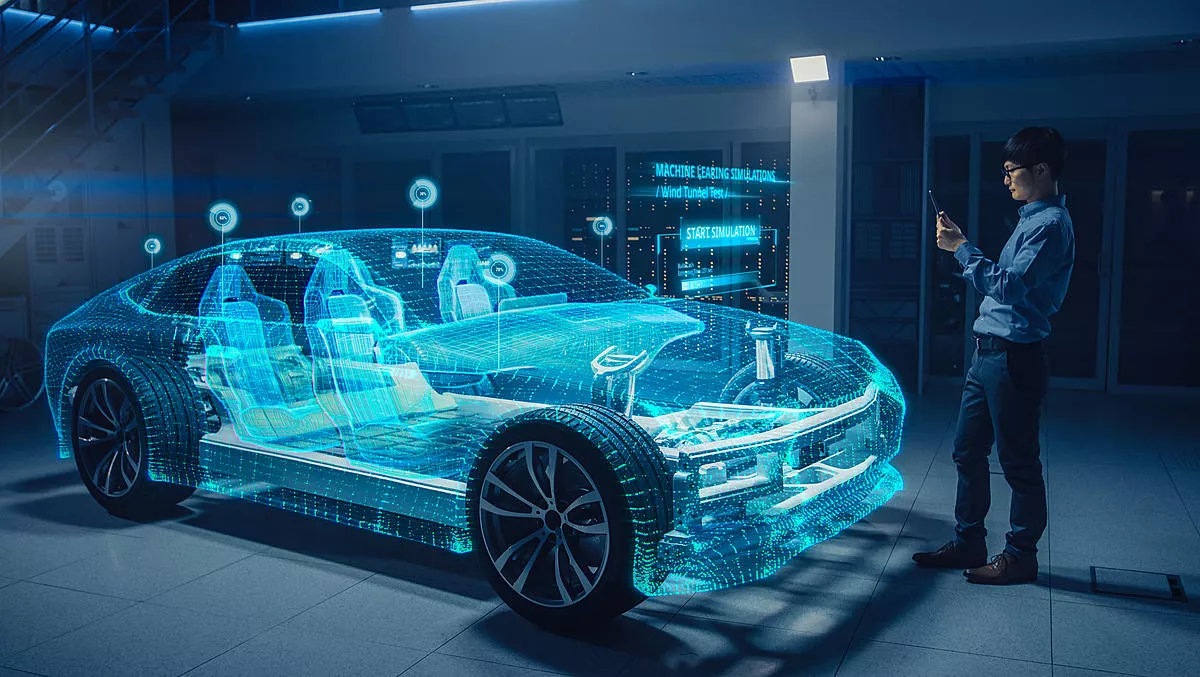
Alternative reality growing in popularity with enterprise customers
Alternative reality is set to become more popular with enterprise customers as immersive technologies open up more opportunities for businesses.
GlobalData, a data analytics company, states a growing number of enterprises are leveraging technologies such as augmented reality (AR) and virtual reality (VR) to improve operational efficiency, lower costs and overcome skilled labor shortages.
According to GlobalData disruptive tech analyst Venkata Naveen, enterprises are starting to pilot one or two use cases of AR/VR technologies within their operations, before expanding them on a global scale.
Naveen says, "By combining the virtual and real-world, immersive technologies are creating more engaging experiences, leaving a significant impact on an increasing number of areas of businesses.
GlobalData looked specifically at various areas of impact, including workforce training in the oil and gas industry, virtual education for power providers, virtual collaborations within construction and immersive marketing for automotive.
In the oil and gas sector, Shell has teamed up with AR/VR software developer EON Reality to adopt its AVR Platform for workforce training.
The AVR Platform acts as a centralised delivery system and helps Shell's workforce with knowledge transfer and VR-based experiential training.
It offers on-demand immersive VR training related to standard operating procedures and emergency scenarios without causing any hindrance to day-to-day operations.
GlobalData highlights that all procedures are provided with step by step instructions, where the employees can complete the sessions with full guidance or without any assistance.
For power providers, General Electric has partnered with industrial augmented reality software provider Upskill to use its smart glasses and AR platform to help employees speed up assembling wind turbines at its factory in Pensacola, Florida.
According to GlobalData, before GE started using Upskill's AR platform, workers at the company's turbine assembly facility had to check process manuals or seek advice from experts to ensure that they were assembling the parts correctly.
With Upskill's smart glasses, technicians can now pull digitised process manuals and documents on to their line of sight.
The glasses overlay data and instructions in their line of sight digitally, which helps workers to improve the assembly time of wind turbines, GlobalData states.
Considering alternative reality technology for construction, GlobalData uses the example of Autodesk and InsiteVR.
Autodesk launched a new solution by integrating InsiteVR with Autodesk's BIM 360 construction management platform, with the aim of helping engineering teams to coordinate, plan and resolve issues virtually, irrespective of their geographical location.
Users can join the platform via their desktops, wearing a VR headset to carry out discussions and walkthroughs, review complex systems, evaluate issues and make changes to construction models inside the virtual environment.
In addition, the virtual platform further enables communications across project teams, which can eventually reduce delays in project completion timelines, GlobalData states.
Finally, alternative reality has helped the automotive industry improve its marketing efforts. For example, Toyota has launched an AR-based advertisement in Spanish language to target the Hispanic population in the US.
The automaker teamed up with AR development firm 8th Wall and Latino marketing agency Conill to develop the interactive mobile ad.
The AR ad offers shoppers an interactive and immersive view of the company's 2020 Corolla, where they can experience both the interior and exterior features of the car from anywhere using smartphones.
Naveen says, "Alternative reality technologies are rapidly evolving out of the roller coaster-like hype cycles to alter the operations landscape of traditional industries.
"To minimise uncertainty associated with the rapid adoption of immersive technologies, enterprises need to partner with experienced technology providers to tackle technology-related issues and drive digital transformation.


